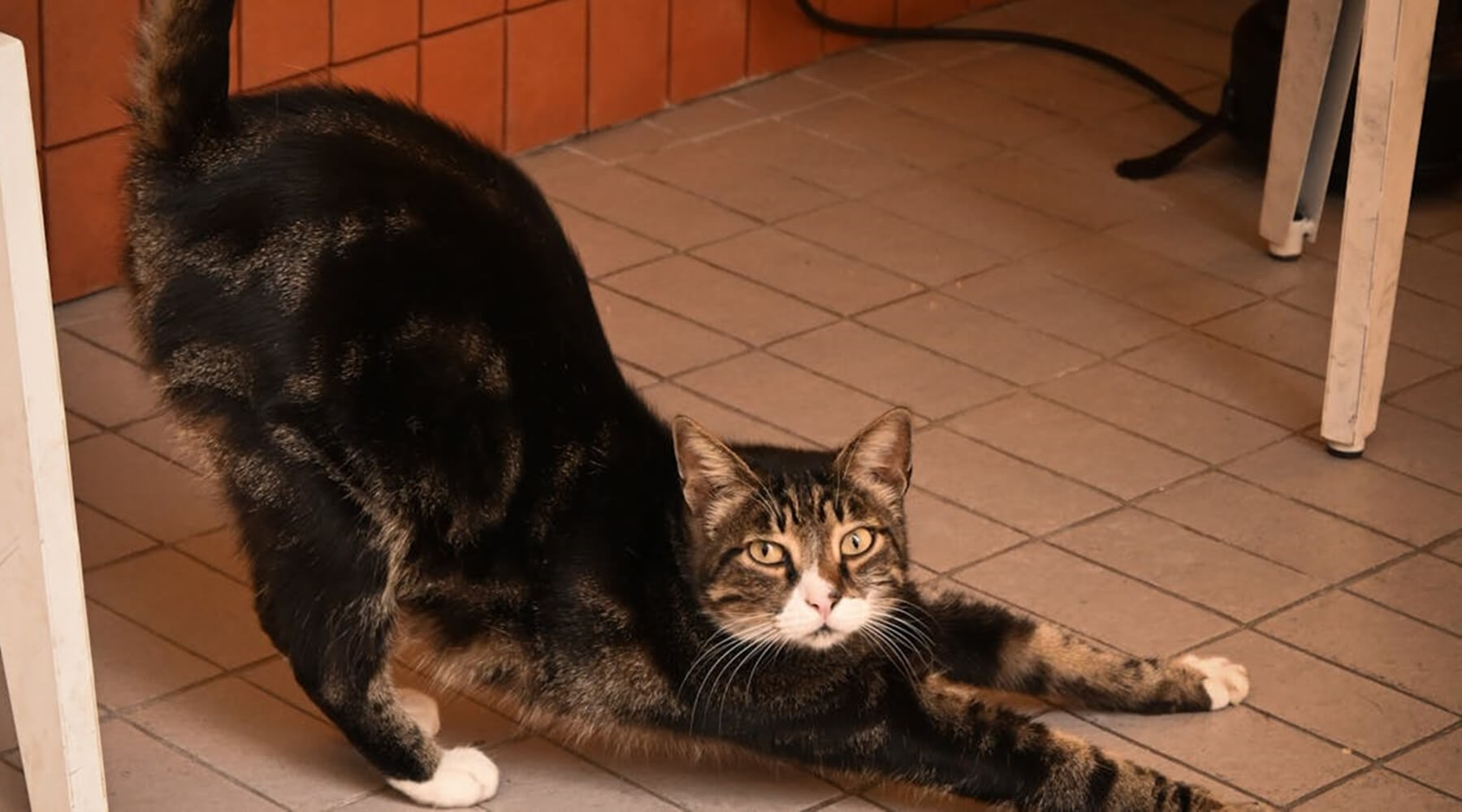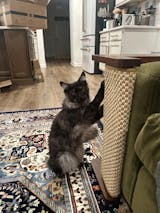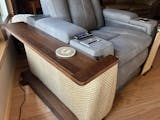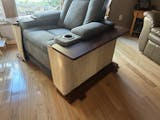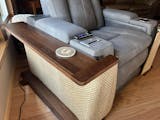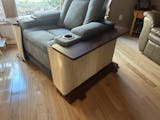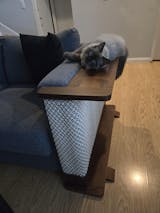Have you ever watched your cat finish eating, only to start scratching the floor around their food? At first, it might seem puzzling. Some cat owners even worry it means their cat didn’t enjoy the food.
But don’t worry, this unusual behavior is usually nothing to be concerned about. In fact, it’s a normal cat instinct with roots that go back thousands of years. Let's explore the actual reasons and answer that popular question, “Why does my cat scratch the floor after eating?”
Scratching Near Food Is Instinctual
While it might look like your cat is “burying” their food, the behavior has very little to do with disliking their meal. Instead, it’s an instinct inherited from their wild ancestors.
In nature, wild cats often have to protect leftover food from predators. By scratching around and covering it with dirt, leaves, or grass, they could:
- Save food for later “caching”.
- Prevent other animals from stealing it.
-
Hide their scent to avoid being tracked.
Even though your cat is safe indoors with no predators nearby, that survival instinct is still very strong. Scratching the floor is simply their way of acting out that ancient behavior, even if it doesn’t actually cover anything!
When Cats Try to Cover the Bowl
Sometimes cats take this instinct to the next level. Instead of just scratching the floor, they may try to physically cover their bowl. So, you might see your cat:
- Pulling a kitchen towel over the food.
- Dragging paper or a newspaper onto the bowl.
- Using toys, mats, or anything else nearby.
This may look odd, but it’s just another version of the same caching instinct. Your cat is resourceful and adapts their behavior to the environment around them.
Mother Cats and Protective Instincts
For female cats, especially those with kittens, scratching the floor after eating can also be linked to maternal instincts.
Mother cats are extremely protective and may be more driven to hide food traces. In the wild, this would reduce the risk of predators finding their young. Indoors, the behavior may appear stronger during nursing, even if no actual danger exists.
If you have a mother cat, giving her a quiet and private space for feeding can help her feel safer and reduce stress.
Scratching as a Sign of Contentment
Not all scratching is about survival or protection. Sometimes, it’s a simple sign of happiness.
Think about how kittens knead their mother’s belly while nursing. This instinctive paw-pushing motion often extends into adulthood, becoming a comforting, self-soothing habit. Consequently, many cats will knead on soft blankets, their favorite people, or even the floor when they feel completely safe and content.
This happens near their food, scratching may be less about hiding leftovers and more about showing excitement and pleasure during mealtime. If your cat is purring, kneading, or meowing happily while scratching the floor, it’s probably a sign they’re enjoying themselves!
Cat Scratches Floor After Eating | Should You Be Concerned?
In most cases, this scratching habit is perfectly normal and harmless. It doesn’t mean your cat dislikes the food, and it usually isn’t a sign of a health problem.
However, 3 warning signs indicate you should pay closer attention:
1. Your cat scratches excessively but rarely eats
2. They seem anxious or restless during meals
3. They refuse food consistently
If any of these issues arise, consult your veterinarian to rule out potential dietary or stress-related problems.
Final Thoughts
So, why does your cat scratch the floor after eating? The short answer: it’s instinct. Whether they’re trying to “bury” leftovers like their wild ancestors, protecting kittens, or just showing mealtime joy, this quirky behavior is usually nothing to worry about.
Rather than being confused, you can now understand and appreciate this as a peek into your cat's natural, amazing instincts.
Hope this helps explain that funny floor scratching habit near the food! If you found this interesting, you might also enjoy reading these related articles:
- Cat Scratch Furniture Protector That Saved Thousands of Sofas
- Ways to Redirect Your Cat's Scratching Behavior
- Know Your Cat’s Scratching Style
